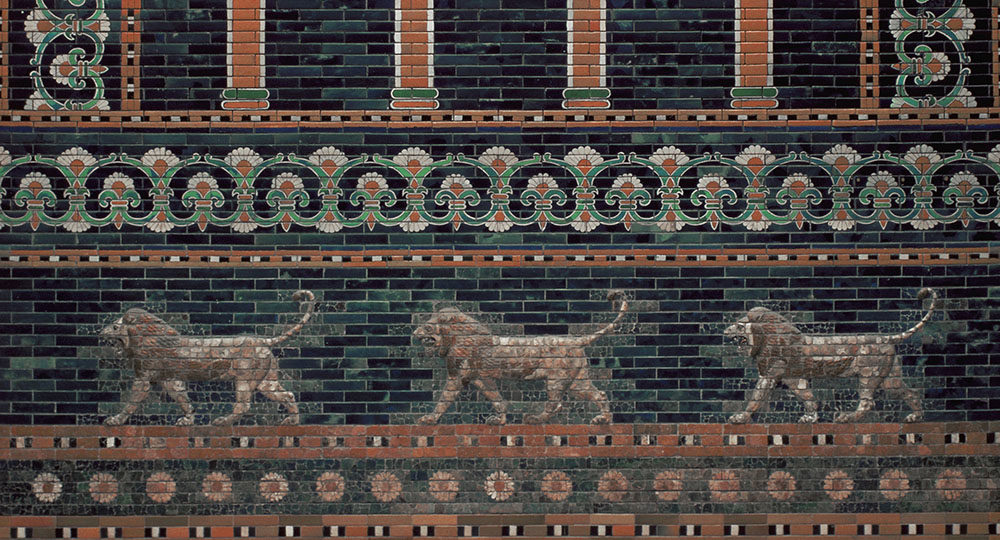

2 thoughts on “Nebuchadnezzar: A ‘King of Kings’”
Leave a Reply
You must be logged in to post a comment.

You must be logged in to post a comment.
In today’s upside-down world, right looks wrong, wrong looks right, and the good guys are getting the short end of the stick. If you don’t believe that, read this.
Sin has dire consequences, both for individuals and nations. This insightful article on Lamentations 1 examines what Judah’s sin wrought.
Lamentations 2 reveals three areas of Judah’s destruction and paints vivid word-pictures of the torment the Jewish nation endured as it went into captivity.
The southern kingdom of Judah was in trouble with God. About a century earlier, the Lord had allowed the Assyrians to destroy the northern kingdom of Israel. That event should have served as a graphic...
You’ll feel as though you were in Jerusalem in 586 b.c. as you explore Lamentations 4—5 and the anguish of the Roman destruction.
Why does God regard Babylon (gold) greater than the Persians (who are silver)? And Persia greater than Greece (who is only brass), and so forth?
Thank for your study on Nebuchadnectar. How do you know that the temple in Jerusalem was destroyed in 586B.C. As other commentators cite 588-585 B.C.?
Thank you for your reply.
Kind regards Michael